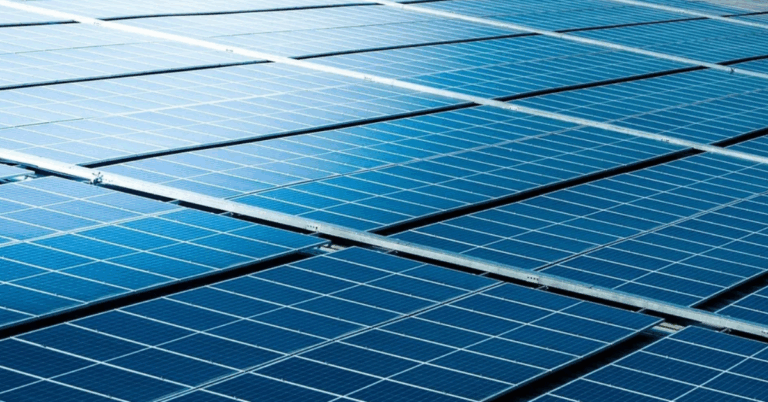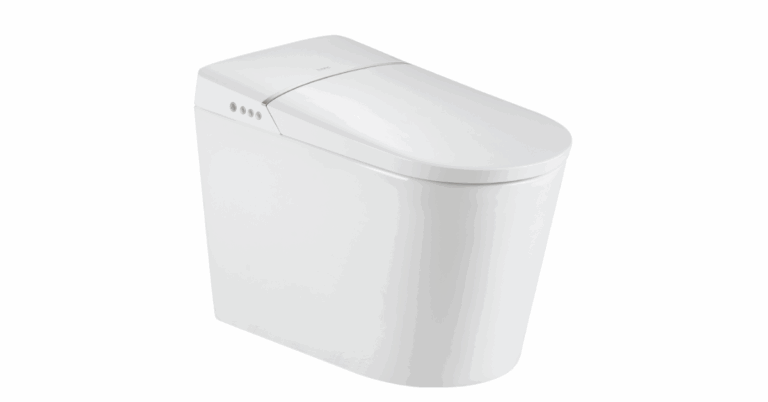The Ultimate Guide to 220V 60Hz Washing Machines: What You Need to Know
When it comes to home appliances, washing machines are a cornerstone of modern convenience. Among the various types available, a 220V 60Hz Washing Machine stands out for its efficiency and power, especially in regions where this electrical specification is standard. Whether you’re considering upgrading your current washer or setting up a new laundry system, understanding the specifics of a 220V 60Hz washing machine is essential for making the best choice. In this comprehensive guide, we’ll explore what a 220V 60Hz washing machine is, why it might be the ideal option for your home, how it compares to other models, and key factors to consider before purchasing one. Plus, we’ll answer some frequently asked questions to help you make an informed decision.
What Does 220V 60Hz Mean for Washing Machines?
The numbers 220V and 60Hz refer to the electrical voltage and frequency requirements of the washing machine. 220V (Volts): This is the electrical voltage supplied to the appliance. A 220V washing machine requires a higher voltage supply compared to typical 110V units. This higher voltage allows the machine to run more powerful motors and components, which can result in faster cycles and more efficient washing. 60Hz (Hertz): This is the frequency of the alternating current (AC) electricity, indicating 60 cycles per second. The frequency affects how the electric motor runs. In countries like the United States, 60Hz is standard, so appliances designed for 220V 60Hz are compatible with residential power systems that deliver this frequency and voltage.
Why Choose a 220V 60Hz Washing Machine?
1. Enhanced Performance
A washing machine operating at 220 volts generally offers better motor performance than its 110V counterpart. This means more consistent power delivery to the drum motor, allowing for faster spin speeds and more effective agitation, which results in cleaner clothes in less time.
2. Energy Efficiency
Although higher voltage might suggest more power consumption, many 220V machines are designed to optimize energy use. Efficient motors and better electrical flow can reduce overall energy consumption per wash cycle, saving you money on electricity bills.
3. Suitable for Larger Loads
Higher voltage machines often support larger drum capacities, making them perfect for families or anyone with significant laundry needs. This capability means fewer loads per week and more time saved.
4. Compatibility with Residential Power Systems
In many countries and regions, homes are equipped with 220V 60Hz power supplies. Choosing a washing machine that matches this specification ensures safe and reliable operation without needing costly electrical modifications.
How Does a 220V 60Hz Washing Machine Compare to Other Models?
110V vs. 220V Washing Machines
-
Voltage: 110V washers use standard household voltage in many regions like the U.S. They are typically slower and suitable for smaller loads.
-
Power: 220V washers deliver more power, supporting heavier-duty cycles and faster spins.
-
Installation: 110V machines can be plugged into standard outlets, while 220V machines may require special outlets or wiring.
Frequency Considerations: 50Hz vs. 60Hz
Washing machines designed for 60Hz electrical systems run motors at optimal speeds specific to that frequency. Using a 60Hz machine on a 50Hz supply can cause malfunction or reduced efficiency. For areas with 60Hz power, selecting a 220V 60Hz washing machine ensures compatibility and durability.
Key Features to Look for in a 220V 60Hz Washing Machine
1. Load Capacity
Depending on your household size, select a machine that matches your laundry needs. Larger capacities (above 8 kg) are ideal for big families.
2. Energy Rating
Look for models with high energy-efficiency ratings to reduce electricity consumption.
3. Wash Programs
Modern washing machines offer multiple wash cycles tailored to different fabric types and soil levels. Look for versatile options like quick wash, delicate, heavy-duty, and eco-friendly cycles.
4. Spin Speed
Higher spin speeds reduce drying time. A 220V 60Hz washing machine often offers spin speeds up to 1200 RPM or higher.
5. Build Quality and Brand Reputation
Choose reliable brands that offer durable components, warranties, and responsive customer service.
Installation and Safety Tips for 220V 60Hz Washing Machines
Electrical Setup
Ensure your home’s wiring supports 220V appliances. Use proper circuit breakers rated for the washing machine’s power requirements. Have a licensed electrician handle installation to comply with safety codes.
Placement
Install the washing machine on a flat, stable surface. Leave adequate space around the unit for ventilation and maintenance.
Maintenance
Regularly clean the detergent drawer and drum. Check hoses for leaks or wear. Use recommended detergents and follow manufacturer guidelines.
Benefits of Buying a 220V 60Hz Washing Machine from a Trusted Supplier
Purchasing from a reputable supplier guarantees quality assurance, warranty support, and access to expert advice. Suppliers specializing in electrical appliances understand local electrical standards and can recommend models best suited for your home environment.
Common Myths About 220V 60Hz Washing Machines
-
Myth: They consume more electricity than 110V washers.
Fact: Due to higher efficiency and faster cycles, many 220V washers use energy more effectively. -
Myth: They are harder to install.
Fact: With proper electrical setup, installation is straightforward and safe. -
Myth: 220V washing machines are only for commercial use.
Fact: Many residential models are designed for home use, providing better performance and larger capacities.
Frequently Asked Questions (FAQ)
1. Can I use a 220V 60Hz washing machine in a 110V household?
No, a 220V washing machine requires the correct voltage supply. Using it in a 110V system without a proper transformer or electrical upgrade can damage the appliance or cause it to malfunction.
2. What happens if I use a 60Hz washing machine on a 50Hz supply?
The motor speed may decrease, affecting wash performance and potentially causing overheating or damage over time. It’s best to use appliances designed for your region’s frequency.
3. Is a 220V washing machine more expensive to operate?
Not necessarily. Many 220V washers are designed for efficiency, and their faster cycles often reduce overall energy consumption.
4. Do I need special outlets for a 220V washing machine?
Yes, 220V appliances typically require dedicated outlets and circuit breakers. It’s important to consult an electrician to ensure safe installation.
5. Are 220V washing machines quieter than 110V ones?
Noise levels depend on design and components rather than voltage alone. However, some 220V machines have advanced motors that run quietly.
Conclusion
A 220V 60Hz washing machine offers powerful performance, energy efficiency, and suitability for larger laundry loads, making it an excellent choice for many households. By understanding the electrical requirements, comparing features, and considering your specific needs, you can select a washing machine that enhances your laundry routine while providing long-term reliability. When choosing your washing machine, prioritize models that align with your home’s electrical system, and ensure professional installation for optimal performance and safety. With the right 220V 60Hz washing machine, doing laundry becomes a faster, easier, and more efficient task. If you have more questions or need assistance selecting the perfect washing machine, feel free to reach out for expert guidance tailored to your needs.
Read More
- https://businessmagazine.com.in/can-you-use-a-50hz-fridge-on-60hz-power-everything-you-need-to-know/







